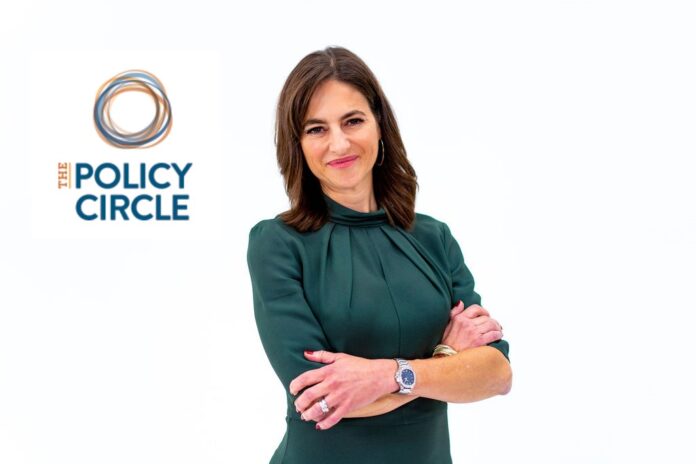By Shannon Santschi
Entrepreneur, wife, mother of three, consultant, app developer, philanthropist, health advocate, and small business owner —Sylvie Légère is far too modest to acknowledge it, but she is widely regarded as a rock star by those blessed to know her. Intentional and passionate, Ms. Légère has always sought opportunities to listen, learn and serve the needs of others.
A Québécoise by birth, but American by naturalization, Ms. Légère traces her interest in public discourse and public service to her childhood in Canada. She recalls accompanying her father on the campaign trail as a child in Holland (now Gatineau), a city in the province of Quebec, where he successfully ran and served as mayor for almost a decade. When a referendum was put before Quebec citizens that would’ve separated the French-speaking province from the rest of the country, Sylvie observed her father, not shying away from, but actually welcoming the debate of ideas in the midst of that contentious environment. “My dad was very involved and fully committed to civic life,” she recalls. [He] believed in hearing everyone’s perspective…and that everyone had a nugget of wisdom to share. He had an open-door policy; anyone could stop by to talk to him.”
Eager to work internationally, Sylvie committed herself to learn to speak English in college. She graduated with a degree in Management Information Systems from the University of Ottawa. In 1994 she left home to seek her fortune, emigrating to the United States where the tech industry was experiencing its boom. Upon her arrival in the states, two things that stood out to the Canadian: 1) American culture was optimistic and focused on problem-solving. “It was a very exciting time,” she recalls. “[The American attitude was] ‘There’s no problem; there’s always a solution.’ That was new to me, and I just loved it,” Sylvie said in an interview with Joe Watkins. 2) The second thing she noted was that Americans were very reluctant to openly speak about politics or religion, the reason being, that these kinds of conversations sometimes put relationships at risk. But as Sylvie saw it, the avoidance of these conversations limited Americans’ identification with their communities and hindered the flow of solutions to on-going problems. “We feel a part of society when we have meaningful conversations,” she muses.
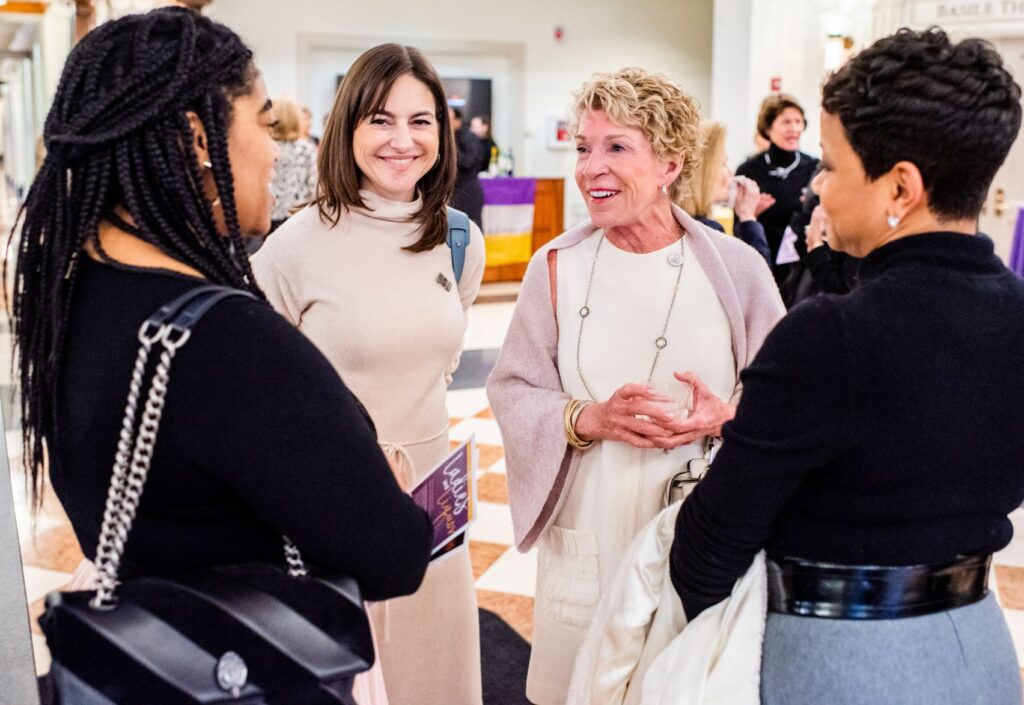
Over the next decade, Sylvie would meet and marry her husband, Todd Ricketts, become a mother of three, and become an American citizen. Professionally, she advanced in her career as a technology management consultant, working for several Fortune 500 companies. She also developed an app for differently-abled persons, and she and her husband became owners of a bicycle shop in their hometown of Wilmette, Illinois.
In 2011, during her attendance at a conference on public policy, Sylvie huddled up with other conference attendees, Angela Braly and Katheryn Hubbard, to ponder the scarcity of women at the event. The three left the conference convinced that 1) every issue is a woman’s issue 2) women needed to be involved wherever public policy discussions and decisions were being made. “Politics is about the people. Policy is about the ideas. As citizen[s] of a community, it’s our responsibility to understand the public policy that impacts our lives, our private behaviors, our business behaviors, and ultimately, the fabric of our society,” says Sylvie.
The friends stayed in touch and in 2015, launched The Policy Circle (TPC)–a non-partisan grassroots network designed “to educate, engage and empower women to be a force for positive change in their communities.” The organization emphasizes “fact-based civil discourse” as a preferred approach to productive civic involvement and change, and encourages members to “go beyond the headlines and take ownership of the issues.” “Household issues” such as taxation, education, the free enterprise system, and healthcare are the focus since it is often easier to find common ground on these topics than on “social” issues.
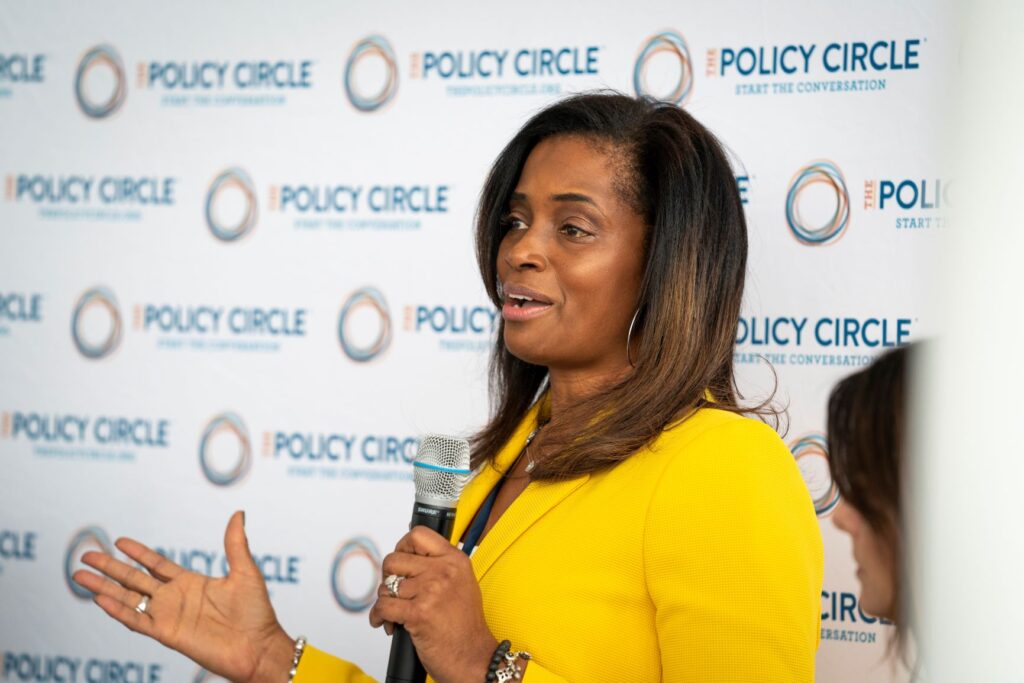
Similar in design to a book club, a Policy Circle is formed when women are invited to gather at a friend’s home to discuss public policy matters relevant to their lives. Prior to the gathering, Circle Leaders distribute a policy brief, which every woman is expected to read in advance. The brief is the centerpiece of every Circle discussion. It is curated by respected policy experts and customized for the Circles. The selection of the meeting topic is driven largely by what Circle members want to discuss.
The Policy Circle’s goal for each discussion is not consensus but “to allow members to form their own opinions based on their perspective and understanding of the facts.”
Since a primary goal of The Policy Circle is to foster environments in which fact-based discussions can flourish, TPC has developed a very prescribed, yet effective round-table discussion model. It works like this:
1. Using a discussion guide, Circle Leaders invite members to give a two-minute reaction to the brief. A timer is often used to keep the conversation moving and to ensure that one person doesn’t dominate the discussion.
2. Leaders prompt deeper discussion through a second set of discussion questions.
3. Members are invited to bring the conversation “home” by identifying actions they can take in their community to bring about relevant policy changes.
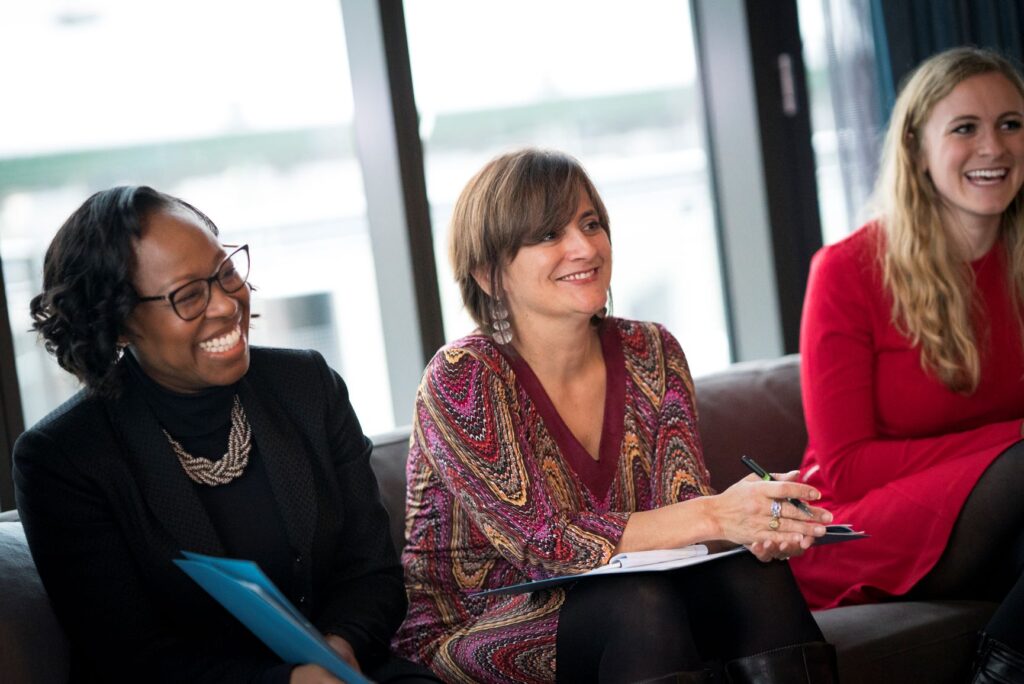
Through education and fact-based dialogue, barriers to women’s involvement in the policy discussion and policy change are broken down. Such barriers include:
1. Lack of knowledge and confidence to speak about a topic
2. Difficulty in identifying the starting point to affect meaningful change
3. Difficulty comprehending the organization or network of policymakers
4. Challenges identifying and accessing key players.
Initially, the founders thought they’d be helping women “find their voice”, but as co-founder Angela Braly puts it, women arrived knowing their voice and the Circles became a place for women to “practice their voice” and build “confidence to go out into the community and have their voice heard.” With this in mind, Sylvie emphasizes the importance of pro-actively developing “the language to engage with the people who are representing us at all levels of government” since these kinds of conversations “can be complex.” By speaking the language of policymakers, Légère asserts that we’ll be able to “hold them accountable.” “We must build the confidence, acumen, and skill for ourselves to engage in this dialogue,” she argues.
The Policy Circle has earned the attention and respect of some notable politicians, Senator Susan Collins (ME – R), among them. During a special event on Aging hosted by TPC, Senator Collins mentioned the fact that at present, Social Security is only projected to be solvent through 2033, and that women, in particular, need to be financially knowledgeable in order to prepare for their future.
Indeed, a recent article in Smart Women Smart Money (The Serious Savings Gap Between the Sexes, Oct. 2020) highlighted the stark differences between male and female priorities and outcomes when it comes to saving and investing money. In that article, Jennifer Davidson, Assistant Professor of Practice in Economics at the University of Nebraska-Lincoln, noted that over a lifetime, females on average, build savings at smaller rates than males. A Vanguard study supports this assertion, finding that the average balance in male-owned 401k accounts in 2019 was $106,796 while the average balance for female-owned accounts was just $72,451. Says Davidson, “When you consider high divorce rates…and that women tend to outlive men and will need retirement savings to last longer…a lack of financial literacy could have expensive future consequences in terms of financial decision making.”
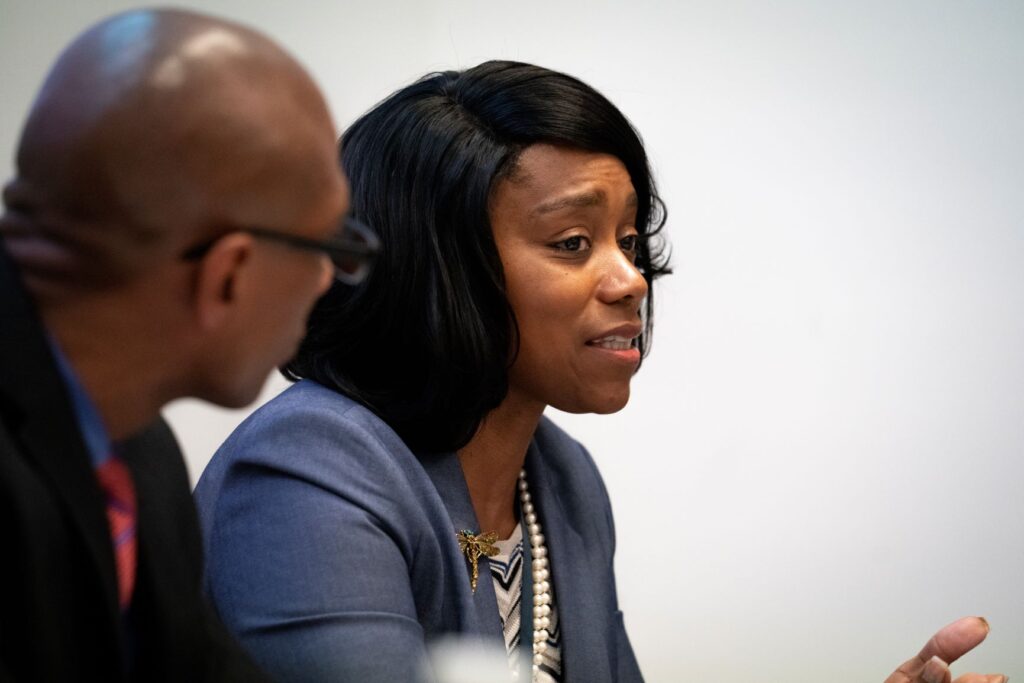
Following the discussion with Senator Collins, Sylvie insisted on the development of a brief on financial education exploring what financial literacy means at a personal level and at a public policy level, the role of government, and where change might be needed. She says, “Financial literacy is fundamental to a thriving society and so important for our citizens. To age with dignity, you need to have financial security. We also need to be able to hold accountable our elected officials who steward our public finances.”
Across the nation, more than 3,500 members participate in 340 Circles across 42 states. Internationally, Circles have also sprung up in Egypt, Lebanon, and Tunisia. Sylvie reports there are several Circles in operation on college campuses and some circles even have high school student members. In the future, she hopes to see more multi-generational/mother-daughter circles as they provide great opportunities for mentoring. “Women have a strong capacity for thought leadership…they can advocate for policies that foster human creativity and responsibility in a free market economy,” she says confidently.
The Circles are fulfilling the vision that co-founder, Kathryn Hubbard predicted: Women are becoming “influencers in their organizations, communities, and states.” In St. Louis, a Circle organized a debate over a county referendum, in Denver, a group met with their Congressmen to talk about sanctuary cities and immigration. Additionally, Circle members have been tapped to serve on boards and commissions, and several women have decided to run for public office.
So what is needed to start a Circle? Drawing on the things she learned as a child, Sylvie replies, “Just two things: Belief in people, and belief in yourself. It takes courage to host and invite people. And you have to believe that the people who come will have something insightful to share. It’s a gift to provide them a forum to do that…It’s a matter of intention and making the time to do it.”
To learn more, or to bring a Policy Circle to your community, visit thepolicycircle.org.
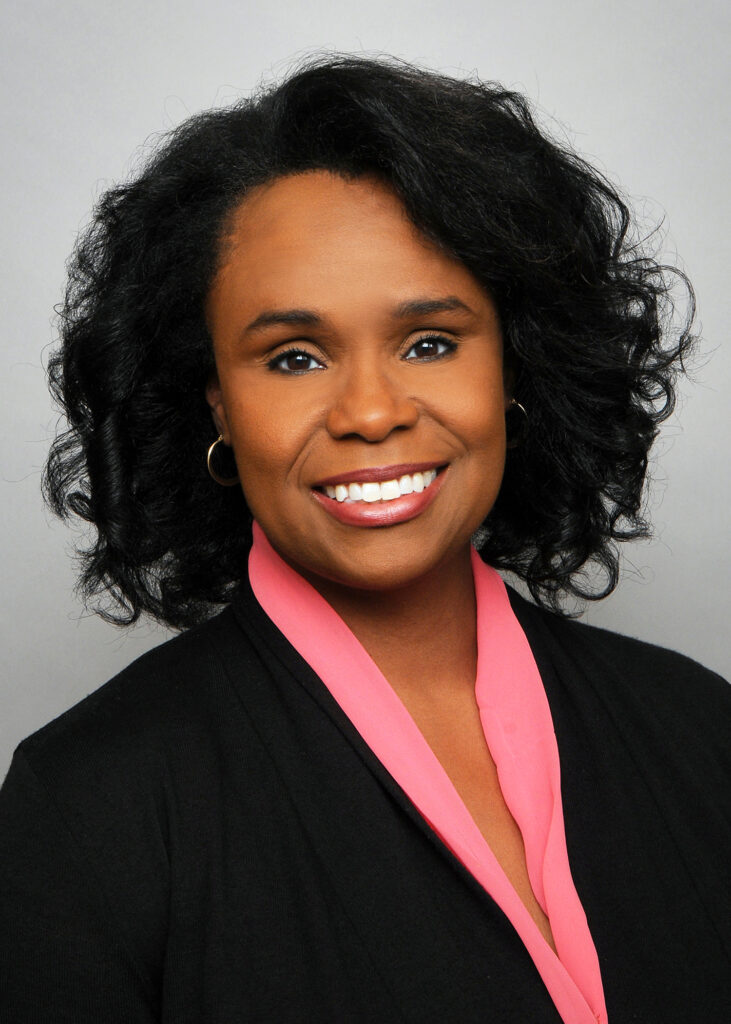
Shannon Santschi is a contributing writer for Smart Women Smart Money Magazine. Comments or questions can be sent to staff@smartwomensmartmoney.com.

